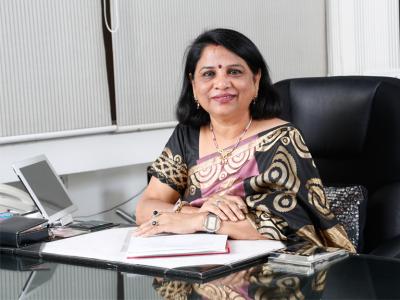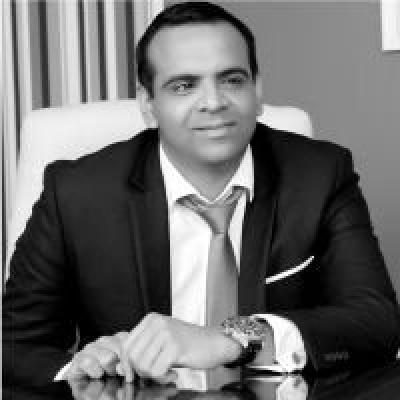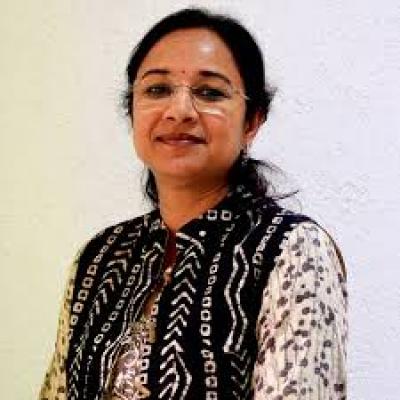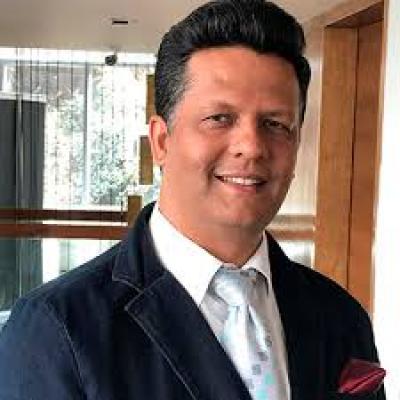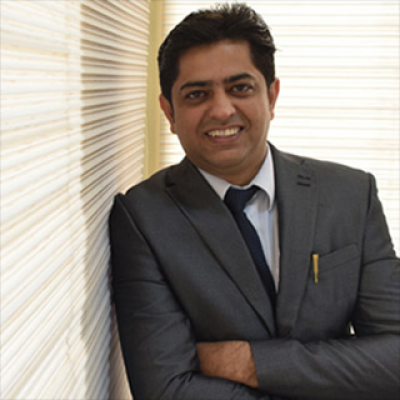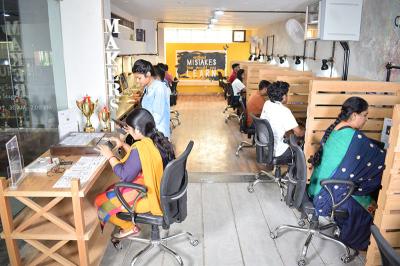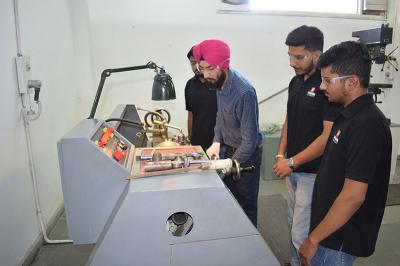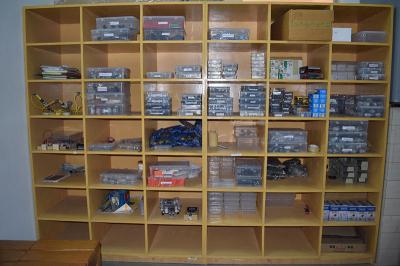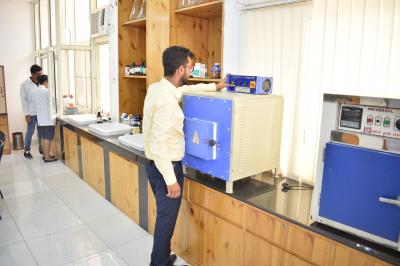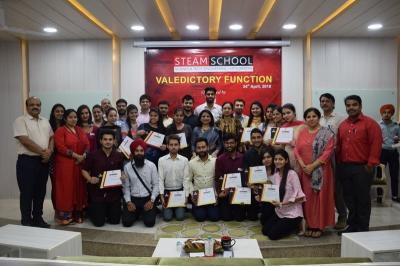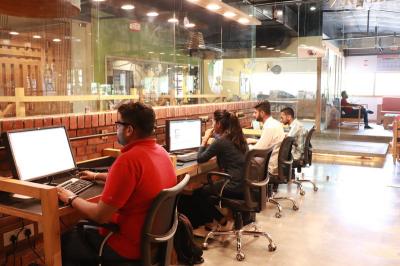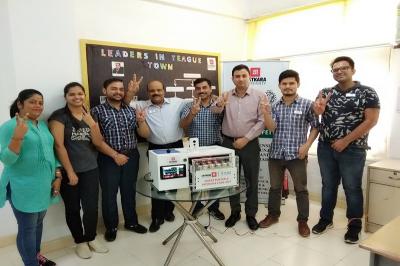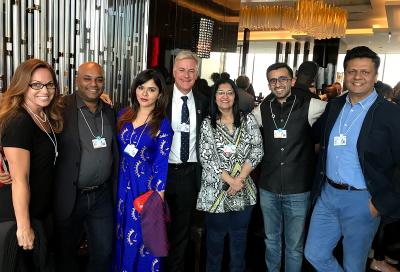The uniqueness of the Innovation and Entrepreneurship eco system at Chitkara University lies in its approach. We follow a two-winged approach to give the first flight to the dreams of innovators and entrepreneurs. The two wings (verticals) named CURIN (Chitkara University Research and Innovation Network) and CEED (Centre for Entrepreneurship Education and Development) work as independent entities, yet, in tandem and synchronisation. While CURIN takes care of the technical, professional, research and IP related aspects of a case at hand, CEED takes care of the business and commercial aspects of the same. The need-based approach gives much required flexibility to the innovators and entrepreneurs. A wide mentor pool comes in handy when such a need arises. Any body having a problem solving idea lands in CURIN and moves on make its PoC, prototype and can also file its IP. When the idea is matured enough, CEED gives the much required business mentorship, access to market and VCs for scaling up. On the other hand, anybody having a business idea lands in CEED and gets early access to potential market, establishes its commercial viability and moves on to take help from vast pool of technocrats, researchers and makers’ spaces to build the prototype and technical mentorship. This whole eco system provides multiple points of entry into the journey of innovation and entrepreneurship. Two page ‘easy patent policy’, two page ‘easy entrepreneurship policy’ and full filing patent filing fee being borne by the University are some of the highlights of this unique initiative. To top it all – 90% of the commercial benefits rest with the innovators, whenever such a benefit arises. Such philanthropic approach has built in a lot of confidence in the budding innovators and entrepreneurs and lets them take a plunge, without the fear of failure.



